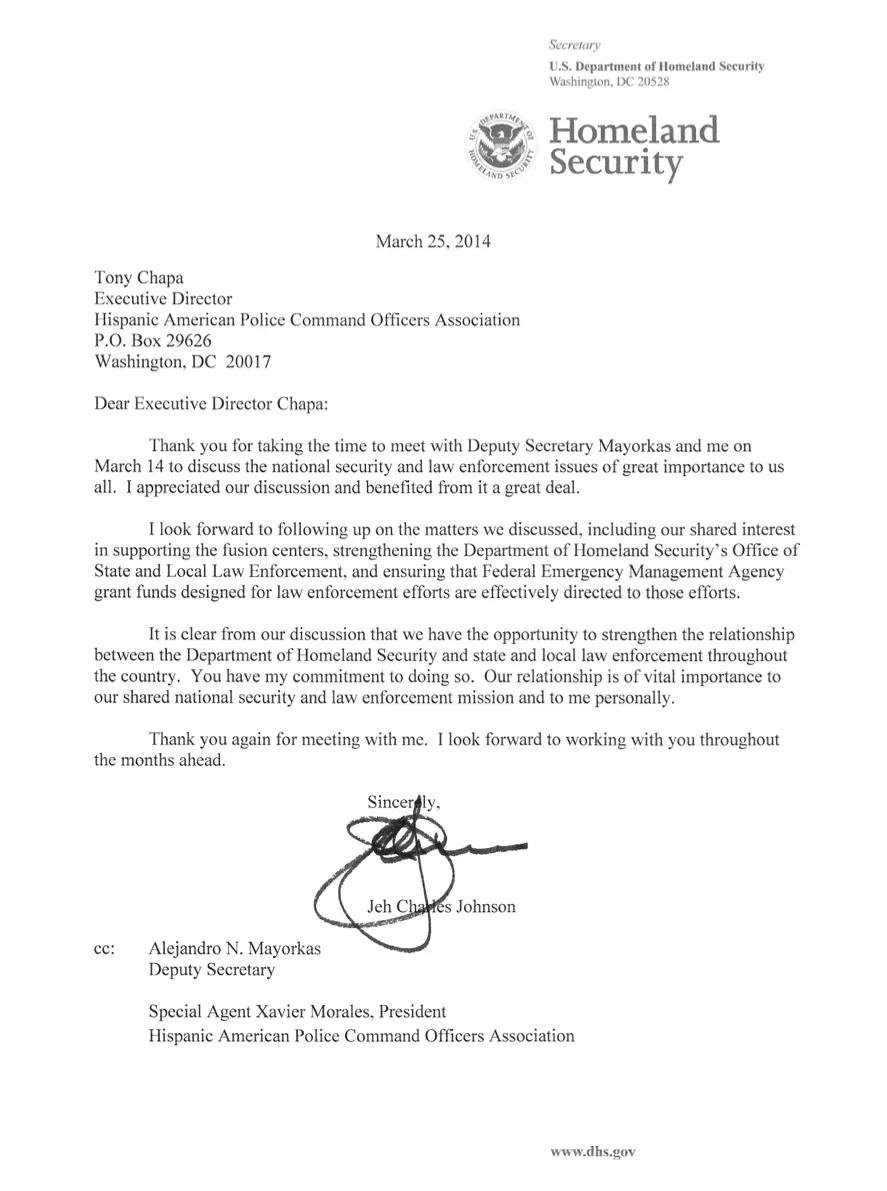Understanding the FBI and the Application Process
Embarking on a career with the Federal Bureau of Investigation (FBI) is a challenging yet rewarding endeavor. The application process is rigorous, and a well-crafted cover letter is your initial opportunity to make a strong impression. Before starting, it’s crucial to grasp the FBI’s mission, values, and the specific roles you’re targeting. This understanding will inform your cover letter, demonstrating your genuine interest and alignment with the agency’s goals. The FBI seeks individuals of integrity, dedication, and a strong work ethic. Showcasing these qualities in your cover letter is paramount. The application process often involves several stages, including online applications, assessments, interviews, and background checks. Prepare thoroughly to navigate each step effectively.
Researching FBI Jobs
Thorough research is the cornerstone of a compelling cover letter. Explore the FBI’s official website to identify current job openings. Pay close attention to the specific requirements, responsibilities, and desired skills for each position. Understand the different divisions within the FBI, such as criminal investigations, counterterrorism, and intelligence. Research the roles and responsibilities of the position, as well as the required qualifications to assess your compatibility. Tailor your cover letter to match the specific job description, highlighting relevant experiences and skills that align with the FBI’s needs. Showing that you understand the nuances of the specific role demonstrates your initiative and genuine interest in the opportunity. Moreover, research the values and ethics of the FBI, ensuring your cover letter resonates with their culture.
Identifying Your Target FBI Job
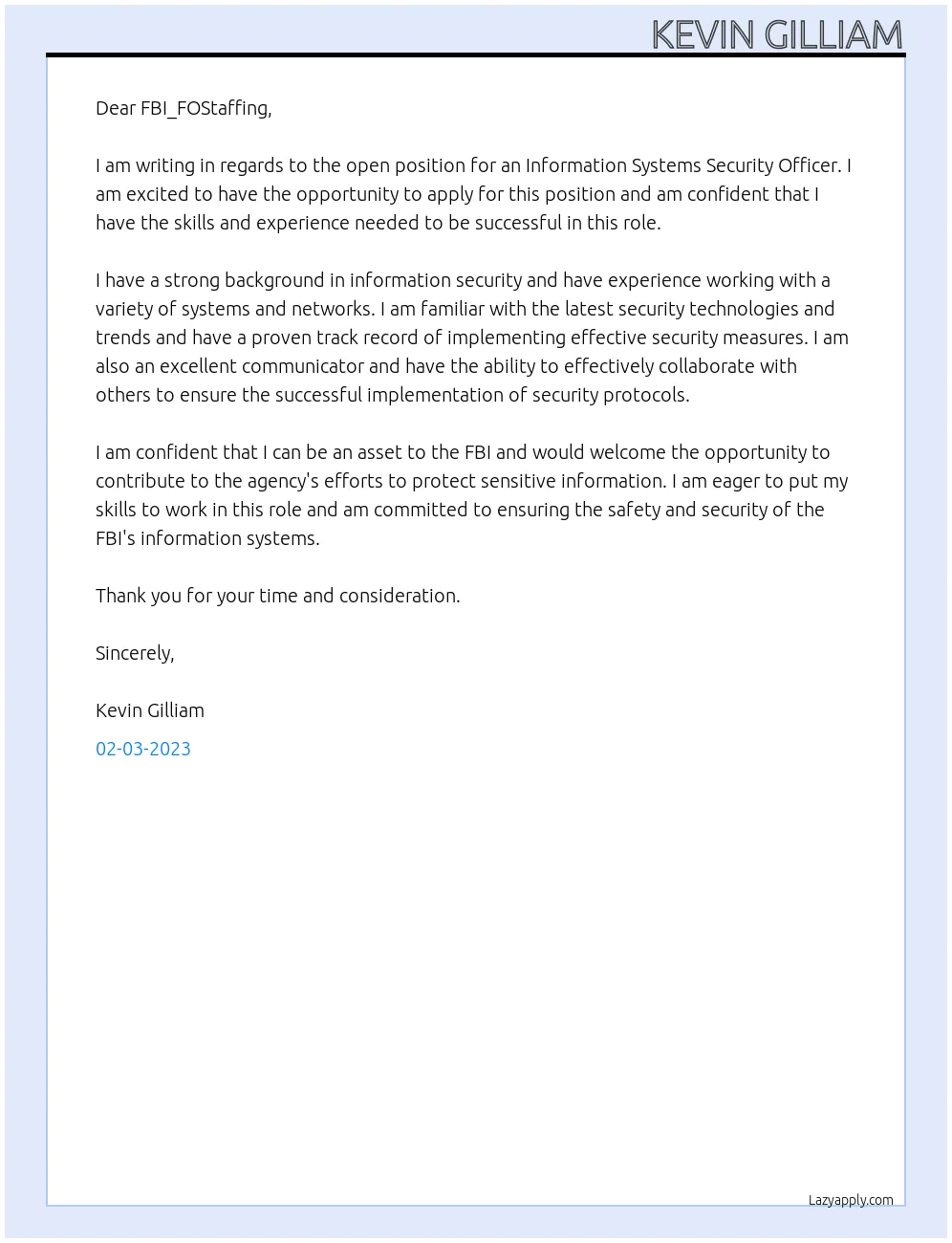
The FBI offers a wide array of job opportunities, from special agents to support staff roles. Identify the specific position(s) you are most interested in and qualified for. Consider your strengths, skills, and career aspirations when making your selection. Analyze the job descriptions carefully to determine the key qualifications and requirements. Tailor your cover letter to the specific role, emphasizing the experiences and skills most relevant to that position. If applying for multiple positions, create a separate, customized cover letter for each. This approach demonstrates your attention to detail and your dedication to each role. Avoid using a generic cover letter, as it shows a lack of genuine interest and initiative. Prioritize the positions that align with your expertise and career goals for the best results.
Key Components of an FBI Cover Letter
A well-structured cover letter is essential for making a positive first impression. The key components include the header, salutation, opening paragraph, body paragraphs, and closing. Each section plays a vital role in conveying your qualifications, enthusiasm, and suitability for the position. The goal is to present yourself professionally and to highlight your value to the FBI. Formatting your cover letter correctly and following all guidelines ensures you present yourself as a detail-oriented candidate. The cover letter serves as your initial introduction to the hiring manager, so ensure it is clear, concise, and compelling.
Header and Contact Information
Start your cover letter with a professional header, including your full name, address, phone number, and email address. This information should be clearly displayed at the top of the page. Following the header, include the date and the hiring manager’s name, title, and the FBI’s address. If you are unsure of the hiring manager’s name, research the role or use a general salutation. Ensure your contact information is accurate and up-to-date. A clean and professional header sets the tone for your cover letter. Make certain that the format is consistent and easy to read. The goal is to make it simple for the hiring manager to contact you.
The Salutation
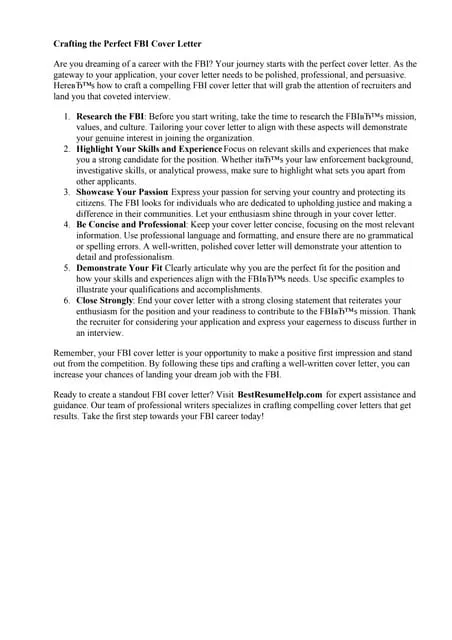
The salutation is your initial greeting to the hiring manager. Use a professional salutation, such as ‘Dear Mr./Ms./Mx. [Last Name]’ if you know the hiring manager’s name. If the name is unknown, a generic salutation such as ‘Dear Hiring Manager’ or ‘To Whom It May Concern’ is acceptable. Avoid overly casual salutations like ‘Hello’ or ‘Hi.’ Double-check the spelling of the hiring manager’s name and title to avoid any mistakes. The salutation sets the tone for your entire letter. A professional and respectful salutation shows your attention to detail and respect for the hiring process. Always ensure the salutation aligns with your overall professional demeanor.
Opening Paragraph Crafting
Your opening paragraph is your chance to grab the reader’s attention. State the position you are applying for and where you saw the job posting. Briefly introduce yourself and highlight your key qualifications. Clearly state your purpose for writing the cover letter. Express your enthusiasm for the opportunity and the FBI. Avoid generic opening lines. Instead, start with a compelling statement that immediately showcases your interest and value. Indicate why you are interested in the FBI and what makes you a strong candidate. Create an immediate connection with the reader to pique their interest and compel them to continue reading your letter.
Showcasing Your Qualifications
The body of your cover letter should showcase your relevant skills, experiences, and accomplishments. Use specific examples to illustrate your qualifications. Tailor your content to match the requirements outlined in the job description. Focus on your strengths and demonstrate how your skills align with the FBI’s needs. Provide compelling evidence of your ability to perform the job effectively. Support your claims with concrete evidence. Quantify your achievements whenever possible to make your impact more tangible. Emphasize experiences that demonstrate your problem-solving abilities, teamwork skills, and leadership qualities.
Highlighting Relevant Skills and Experience
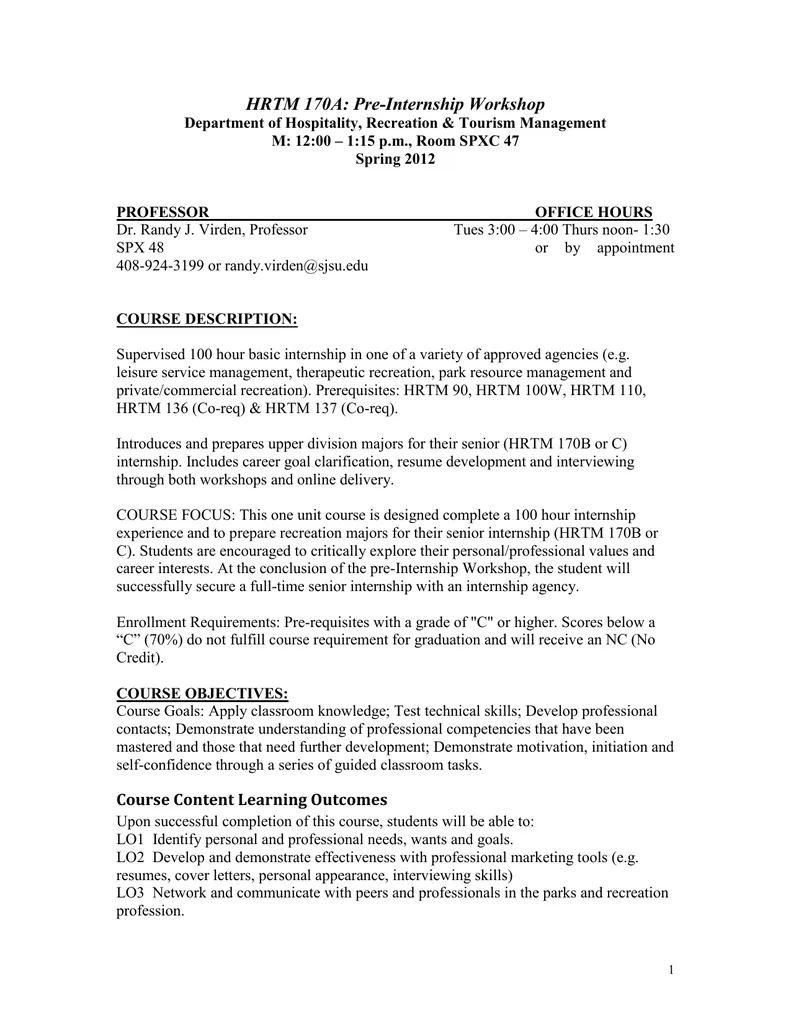
Identify the key skills and experiences required for the specific FBI job you are applying for. Then, identify the skills and experiences you possess that match those. Use specific examples from your previous roles, education, or volunteer work. Describe how you demonstrated those skills in action and what results you achieved. Provide context for your accomplishments. Explain the situation, your actions, and the positive outcome. Make sure the skills you highlight align with the core competencies valued by the FBI. Focus on skills such as critical thinking, communication, teamwork, and problem-solving. Tailor the examples to the specific role to show how you can contribute immediately.
Quantifying Achievements with Data
Whenever possible, quantify your achievements to demonstrate your impact. Use numbers and data to illustrate your accomplishments. For example, instead of saying ‘Improved customer satisfaction,’ say ‘Increased customer satisfaction by 15%.’ Use metrics such as percentages, dollar amounts, and specific numbers. This makes your achievements more tangible and demonstrates your effectiveness. Quantifying your achievements provides concrete evidence of your capabilities. Avoid vague statements. Use numbers to add weight to your claims. Data makes your cover letter more compelling and shows you are results-oriented.
Demonstrating Understanding of the FBI Mission
Demonstrate your understanding of the FBI’s mission and values. Show that you have researched the agency’s goals and objectives. Articulate how your values align with those of the FBI. Express your commitment to public service and upholding the law. Reference specific examples of how you have exemplified these values in your past. This demonstrates that you are not just looking for a job but are genuinely interested in contributing to the FBI’s mission. Tailor your statements to the specific role you are applying for. Showcase your knowledge of current FBI initiatives and priorities.
Addressing Potential Weaknesses
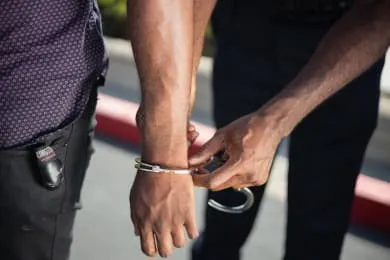
Address any potential weaknesses or gaps in your qualifications honestly and tactfully. Frame any weaknesses as learning opportunities or areas for growth. Focus on what you have done to address those weaknesses. If you have a skill gap, explain how you are working to improve it. Demonstrate self-awareness and a willingness to learn. Do not dwell on your weaknesses or make excuses. Briefly acknowledge the issue and emphasize your strengths and what you are doing to compensate. Showing a proactive approach to self-improvement demonstrates maturity and a growth mindset. Being honest about your weaknesses builds trust with the hiring manager.
Closing the Cover Letter Effectively
The closing of your cover letter should leave a lasting positive impression. Reiterate your interest in the position and the FBI. Summarize your key qualifications and reiterate your enthusiasm. Thank the hiring manager for their time and consideration. Express your eagerness for an interview and provide your contact information. Proofread carefully for any errors. The closing should be confident and professional. It should reinforce the key messages from your letter. Make certain your closing is as compelling as your introduction.
Expressing Enthusiasm and Gratitude
Express your genuine enthusiasm for the opportunity and the FBI. Show your gratitude for the hiring manager’s time and consideration. Reiterate your interest in the position and your commitment to the agency’s mission. Avoid sounding generic or insincere. Show that you are genuinely excited about the prospect of joining the FBI. Emphasize your eagerness to contribute to the team and the organization. Expressing gratitude shows respect for the hiring process and increases your chances of a positive response. Conclude with a positive and forward-looking statement.
Call to Action

Include a clear call to action in your closing paragraph. State your desire for an interview and how you can be reached. Provide your phone number and email address again. Make it easy for the hiring manager to contact you. Let them know that you are available for an interview at their earliest convenience. Thank the hiring manager once more for their time. Encourage them to contact you for further discussion. End on a positive and proactive note. This demonstrates your confidence and eagerness to move forward.
Proofreading and Formatting
Proofread your cover letter meticulously for any errors in grammar, spelling, and punctuation. Ensure that your formatting is consistent and professional. Use a clear and readable font, such as Times New Roman or Arial. Make sure your cover letter is well-organized and easy to read. Have someone else review your cover letter for errors and clarity. Pay attention to the layout, including margins, spacing, and alignment. A polished cover letter shows attention to detail and professionalism. Ensure your cover letter is free of any typos or grammatical errors, as these could lead to rejection.
Cover Letter Examples and Templates
Review successful FBI cover letter examples and templates to get ideas and guidance. Many online resources provide examples of cover letters tailored to specific FBI jobs. Analyze the structure, language, and content of successful cover letters. Adapt templates to your own experiences and skills. Use them as a starting point, but personalize your letter to make it unique. Make sure the format aligns with professional standards. You can find numerous resources offering cover letter samples for various jobs at the FBI and other government agencies.
Analyzing Successful FBI Cover Letters
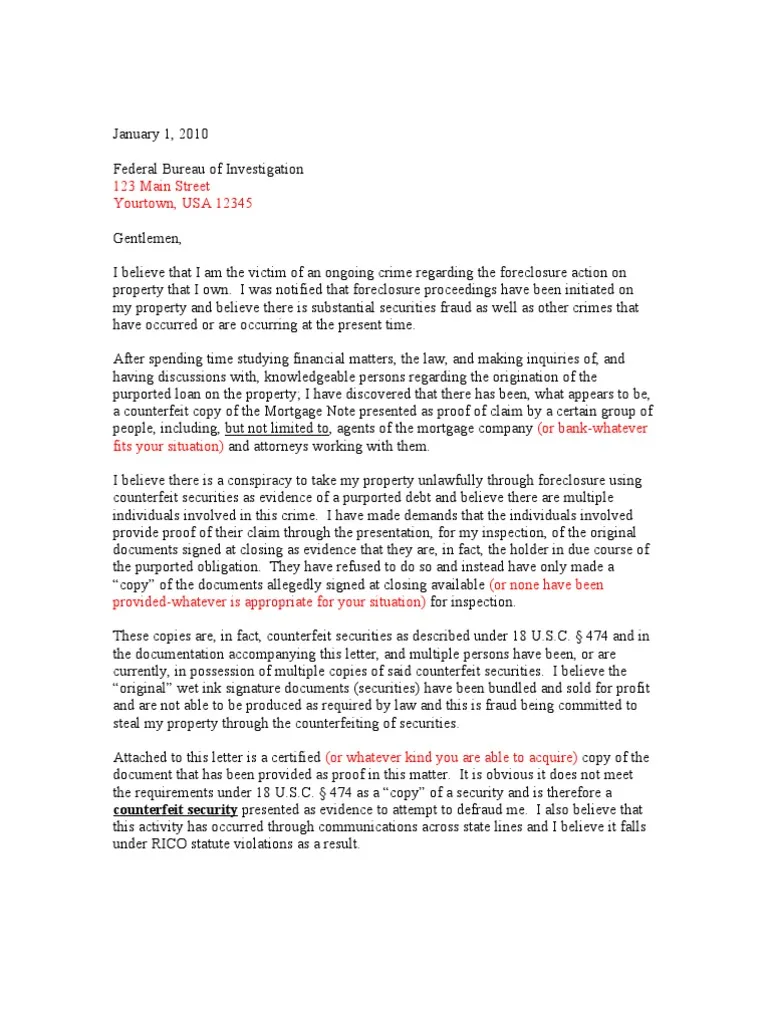
Analyze successful FBI cover letters to identify common elements. Pay attention to how candidates highlight their qualifications and experiences. Study the language and tone used in the successful letters. Observe how candidates demonstrate their understanding of the FBI’s mission and values. Look for examples of how they showcase their enthusiasm and commitment. Note the format, organization, and overall presentation of the letters. Identify what makes them stand out. Use the successful letters as a guide. Adapt the effective techniques to your own cover letter. Use the samples to see what works and what doesn’t.
Utilizing Cover Letter Templates
Use cover letter templates as a starting point for your own. Many online resources provide templates for different job types. Adapt the template to reflect your skills and experiences. Customize the template to match the specific job description. Ensure your content is original and tailored to the FBI’s needs. Never submit a generic template without personalizing it. Tailor the template to showcase your strengths. Choose a template that is easy to read and professionally formatted. Modify the template to match your style and the specific job requirements.
Avoiding Common Cover Letter Mistakes
Avoid common mistakes that can undermine your application. These mistakes can lead to your application being rejected. Pay attention to the details to avoid making these errors. Correct any errors before submitting your cover letter. A well-written and error-free cover letter increases your chances of being hired. Mistakes can damage your credibility. Proofread carefully to eliminate any errors before submission.
Generic vs. Tailored Cover Letters
Avoid sending generic cover letters. Tailor your cover letter to the specific job and the FBI’s requirements. Show that you have taken the time to research the role. Highlight the skills and experiences that directly align with the job description. Generic cover letters demonstrate a lack of interest and initiative. Always customize your letter to showcase your understanding of the specific role and the FBI. The goal is to create a unique, compelling, and relevant cover letter.
Ignoring the Job Description
Never ignore the job description. Carefully review the job description and identify the key qualifications and requirements. Tailor your cover letter to address each requirement. Highlight the skills and experiences that match what the FBI is looking for. Use the keywords from the job description in your cover letter. The job description will guide you to highlight what the hiring manager is seeking. Failing to address the job description shows you may not meet the requirements. Adapt your cover letter to meet the needs of each specific job you apply for.
Submitting Your Cover Letter
Follow all submission guidelines carefully. Review the instructions on the FBI’s website or in the job posting. Ensure you submit your cover letter in the required format (e.g., PDF or Word document). Verify that all attachments are included. Ensure all your contact information is correct. Double-check the recipient’s name and address. A successful submission is key to getting your application considered. Make sure you are submitting your cover letter to the right place.
File Format and Submission Guidelines
Always submit your cover letter in the required file format. PDF format is generally preferred to preserve formatting. Read the submission guidelines carefully to avoid any errors. Make certain the file name is appropriate and professional. Include the job title and your name in the file name. Follow all instructions precisely to avoid issues. Using the wrong format can lead to rejection. Adhere to all formatting guidelines, and ensure your cover letter is ready for the hiring manager.
Following Up on Your Application
If you haven’t heard back within a reasonable timeframe (e.g., 2-4 weeks), follow up with the hiring manager. Send a brief and professional email to inquire about the status of your application. Reiterate your interest in the position. Express your continued enthusiasm for the opportunity. Thank the hiring manager for their time and consideration. Avoid being overly persistent or pushy. A polite follow-up can demonstrate your interest and initiative. Show your professionalism and interest in the role. Be patient and respectful.
